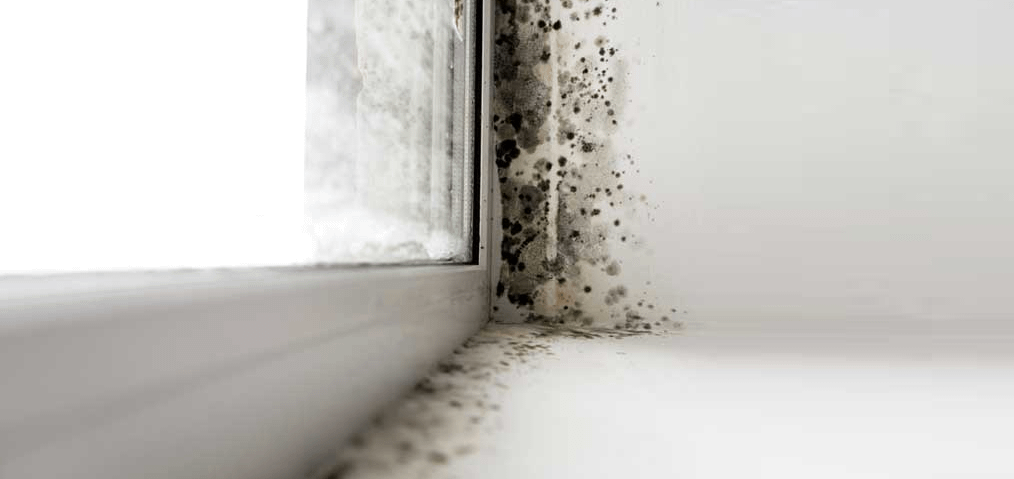Housing disrepair is a common issue in St George, Bristol, leaving many tenants living in substandard conditions. This comprehensive guide aims to shed light on your rights as a tenant and empower you to take action against disrepair issues. It’s essential to understand that you have legal protections to ensure a safe and habitable living environment. We will also highlight how you can start a housing disrepair claim.
What is Housing Disrepair?
Housing disrepair refers to any defects or damages in a property that make it unsafe or unhealthy to live in. This can include a wide range of problems, such as dampness, mould, structural issues, faulty heating, electrical faults, pest infestations, and broken appliances. These issues can significantly impact your health, well-being, and quality of life.
Your Rights as a Tenant
Under the Landlord and Tenant Act 1985, your landlord has a legal obligation to maintain the property in a reasonable state of repair. This means they are responsible for fixing any disrepair issues that arise during your tenancy. These rights are not limited to council tenants; private renters have equal protection under the law.
Specific Responsibilities of Landlords
Your landlord is responsible for maintaining the structure and exterior of the property, including the roof, walls, and foundations. They must also ensure that the gas, electricity, and water supplies are safe and functioning properly. Additionally, they are responsible for maintaining the heating system, hot water supply, and sanitation facilities.
Reporting Disrepair Issues
If you are experiencing housing disrepair, the first step is to report the issue to your landlord or letting agent in writing. Keep a copy of your letter or email for your records. It is essential to be clear and specific about the problem, including details about its location, severity, and any impact it is having on your health or well-being. It is advisable to take photographs or videos of the disrepair as evidence.
Taking Further Action
If your landlord fails to address the disrepair issue within a reasonable time frame, you can take further action. This could involve contacting your local council’s environmental health department, seeking advice from a housing charity, or taking legal action. The Citizens Advice Bureau can also provide guidance on your options.
Common Housing Disrepair Problems in St George, Bristol
St George is known for its charming Victorian-era homes, but these older properties can be more prone to disrepair. Common issues in the area include:
1️⃣ Dampness and Mould
Dampness and mould often occur due to poor ventilation, leaks, or rising damp. They can trigger respiratory illnesses, allergies, and skin conditions. Your landlord must identify and fix the underlying cause, not just treat the mould superficially.
2️⃣ Structural Problems
Older buildings may develop structural issues like cracks in walls, sagging roofs, or signs of subsidence. These problems can compromise the safety of the home, so it’s crucial to report them immediately.
3️⃣ Faulty Wiring
Outdated wiring in older properties can increase the risk of electrical fires or shocks. Your landlord must ensure the electrical system is safe and compliant with the latest standards. If you notice flickering lights, burning smells, or sparking sockets, report it straight away.
Prevention and Maintenance
While your landlord is responsible for addressing disrepair issues, you can also play a role in preventing problems and maintaining your home. Ensure the property is well-ventilated to reduce the risk of dampness and mould. Report any leaks or dripping taps promptly to prevent water damage. Keep the property clean and tidy to deter pests.
Making a Housing Disrepair Claim with National Claims
At National Claims, we recognise the profound impact that living in a state of disrepair can have on your physical and mental well-being. Whether you’ve been affected by persistent dampness and mould, endured the discomfort of a faulty heating system, or suffered due to structural deficiencies in your home, we believe you shouldn’t have to suffer in silence.
We recognise that every housing disrepair case is unique, and we’re here to offer you a free, no-obligation consultation to discuss your specific situation. During this consultation, we’ll listen attentively to your experience, carefully review any evidence you have, and assess the potential strength of your claim. Our team will then connect you with a solicitor from our panel who specialises in housing disrepair claims.
*Customers pay up to 25% (incl. VAT) of the amount recovered towards solicitor costs and if you cancel outside your cooling off period, you may be charged a fee.
Contact us today to speak to one of our claims agents who will be able to help you get started on your claim.
Click below to see why we are one of the most trusted claims management companies in the UK.

We’re proud of our excellent customer reviews
We thrive on delivering exceptional service and ensuring our clients’ satisfaction. Don’t just take our word for it. Check out some of our independent reviews to see what our clients have to say.
Excellent

This firm is excellent, they sorted out my car pay out and injury claim very fast, they always communicate with you all the time.

My accident case was dealt with confidence and with great result of the outcome, especially James kept me informed all the time.

I was very impressed at the way my inquiry was treated. I was listened to attentively and everything I needed to know was explained to me.






